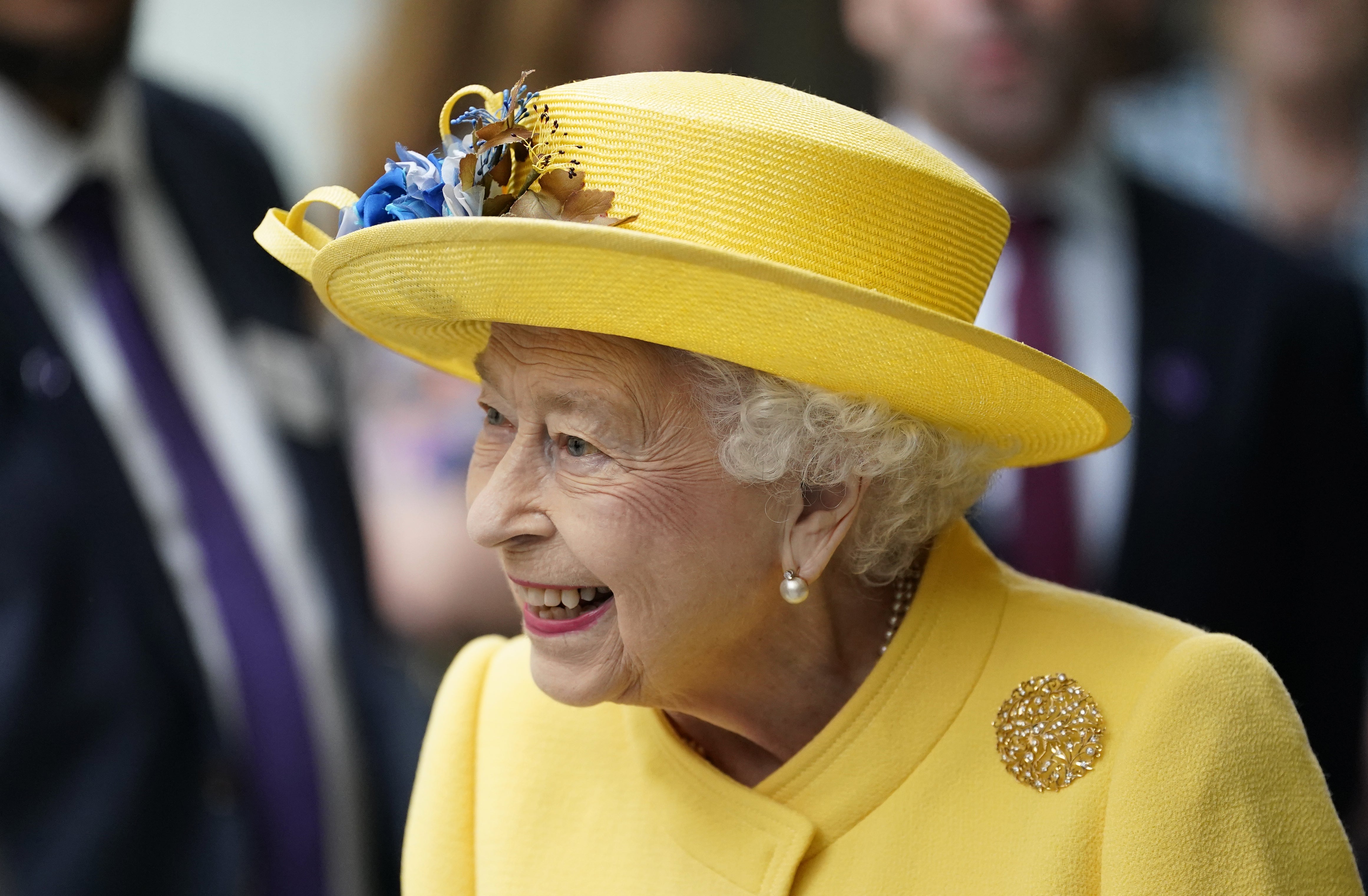
There are few things as challenging as the loss of a steady force for good in your life – and the death of the Queen on September 8 at the age of 96 will cause grief to ricochet through her family.
A loving mother, grandmother and great-grandmother, for decades she was her family’s leader and source of strength – its matriarch. (For many of her subjects, she played a similar role, symbolising stability as the world changed.)
Claire Collins, counsellor and bereavement service coordinator from Marie Curie says losing a matriarch is devastating. “If we are lucky enough to have a strong, powerful, and wise woman to guide us through tricky times, then their death can lead to feelings of loss, helplessness, and loneliness.”

She continues: “A matriarch is the female head of a family. Her role is usually to advise the younger generations, make decisions in the best interests of the family, and provide emotional support.
“In matriarchal families, the female leader acts as an anchor, keeping the family grounded and aligned. This is why her loss can feel like losing the glue which holds the family together.”
So how can a family – royal or not – mourn the death of matriarch and find ways to cope with that enormous loss?
Know things are going to change
Bereavement can have a profound effect on the relationship you share with those around you, and may pose challenges for those bonds.
Dr Audrey Tang, a chartered psychologist, wellness expert and author of The Leaders Guide to Resilience, points out family bonds can change dramatically when a matriarch dies.
She says: “Roles within the family can change, with perhaps older siblings having to comfort and support younger ones. Depending on whether the family reaches out to each other, if people take on a ‘caring’ role, they may struggle to process not only their sadness, but being able to hold that new position of support as well as their own dreams and ambitions.”
Accept you cannot all grieve in the same way
When loss is so fresh, it can be unthinkable to find positivity. Collins explains that it may feel tricky to look back and remember happy times now, but it will become possible.
She advises: “During the initial stages of the grieving process, it can feel impossible to look past the difficult events of the recent past and look back fondly to the good times. Try looking through old photographs of your loved one, talking with their old friends, or visiting somewhere which was full of memories in order to spark up conversations.”
But, you may not understand the ways in which those around you are responding to this loss, warns Dr Tang. “We all grieve differently – don’t compare yourself against others, don’t rush to ‘feel better’.”
In some cases, she continues, the way people are affected by grief can negatively impact family bonds. “If someone, especially the other caregiver [when one parent dies] turns to unhealthy self-soothing methods such as alcohol, it can be that the family loses two parents instead of one.”
And there can be further knock-on effects too, she says: “Any additional issues which may stem from members of the family finding unhealthy outlets for their pain will cause extra strain, and as the rest of the family team pull together to cope, they may miss out on being able to deal with their own feelings.”
So, talk to each other, look out for one another, and try not to judge the responses of those around you.
Don’t feel you need to put on a brave face
Everyone who loved the person who has passed away is experiencing something really challenging, so take some time to support one another and talk about your grief.
“Remember that loss is a difficult conversation, and it is likely that the listener will take their cues from you as to how best to respond. But if they are reacting in a way that surprises you, don’t be afraid to say something like, ‘I just need someone to listen’,” says Dr Tang.
“Don’t feel that you need to ‘put on a brave face’ – and if you don’t want to go out, for example, say so. And remember that grief can come in waves – you may be feeling OK, but then suddenly something triggers a bout of sadness. It’s perfectly normal, and if you explain that to your friends, they will understand.”
Don’t be afraid to ask for professional help
There may come a point where you feel the grief will never pass and you need some external help.
According to Collins: “It’s normal to experience a wide range of emotions after bereavement, but if you are unable to cope with your feelings, there are many ways to seek help and advice. Sometimes, it is easier to talk to someone who is not family or a friend.”
Many charities like Marie Curie offer grief counselling, and you can often be set up with support by visiting your GP.







